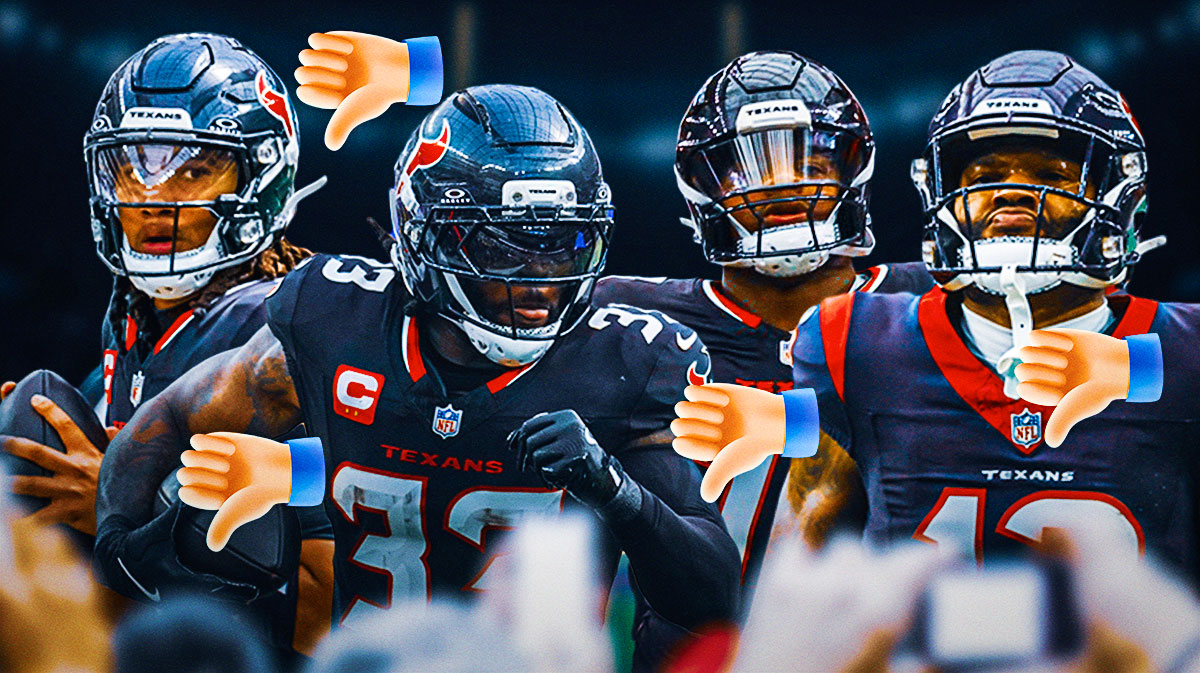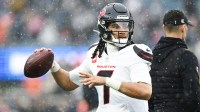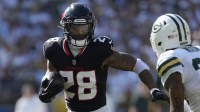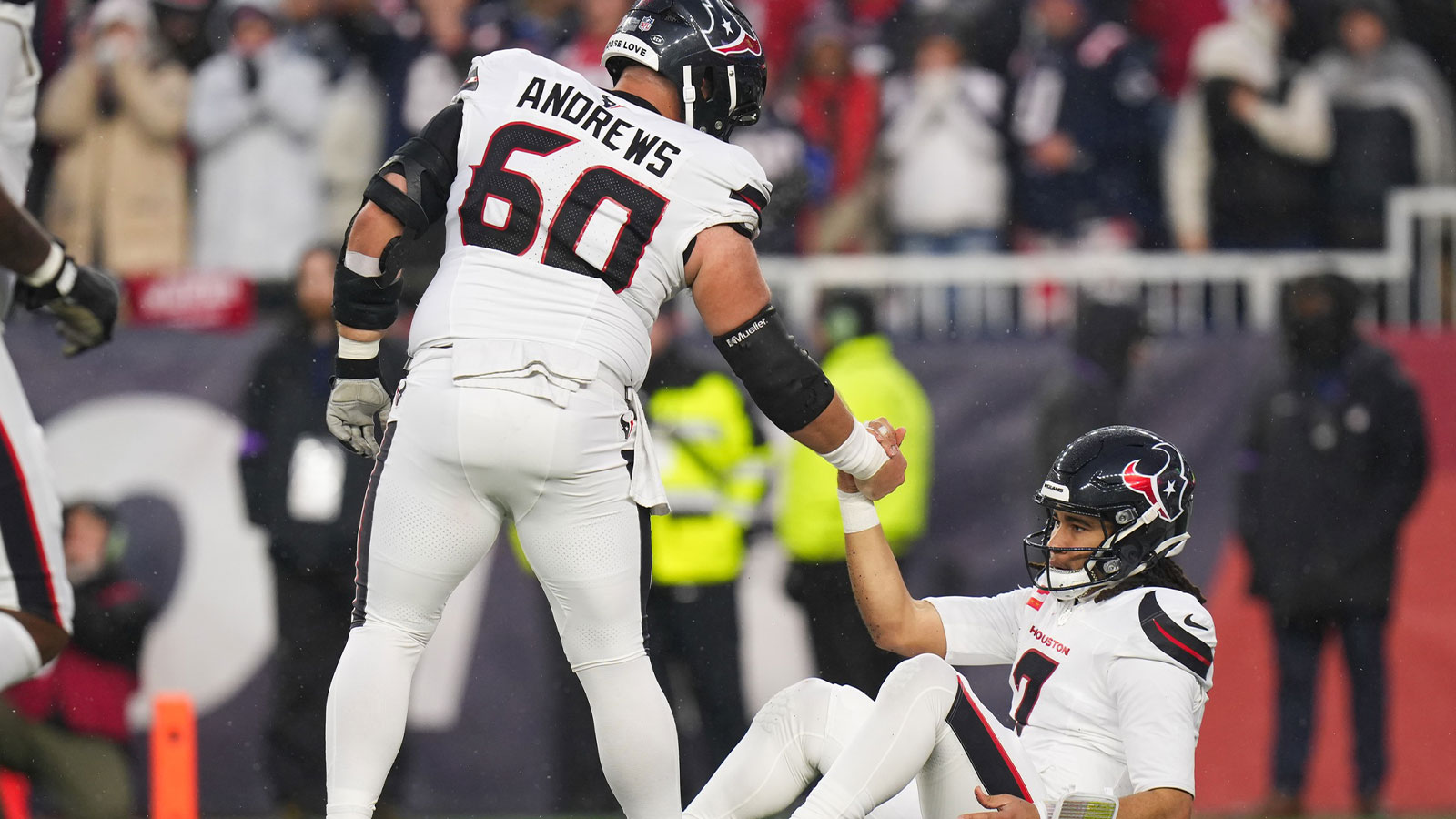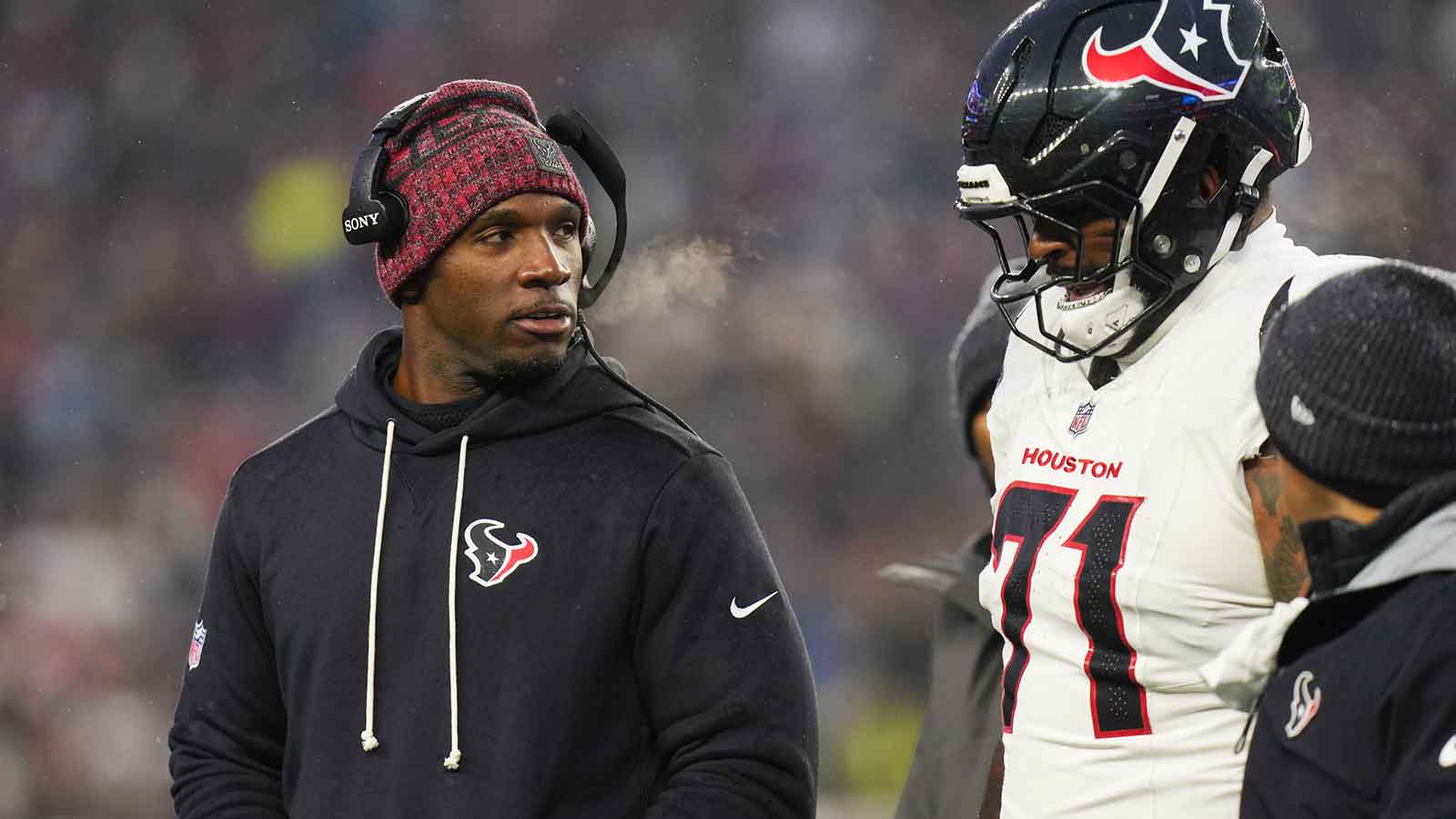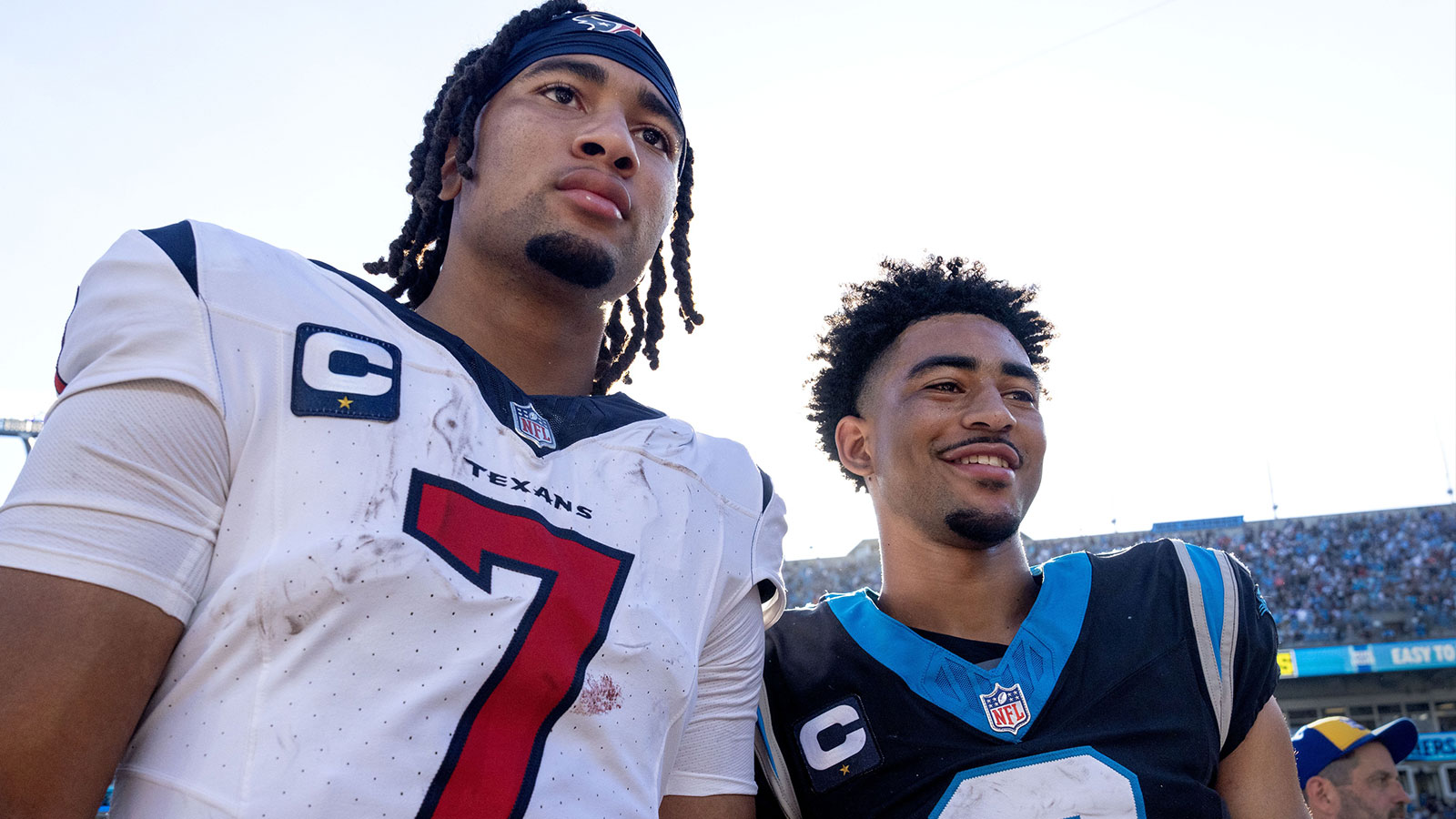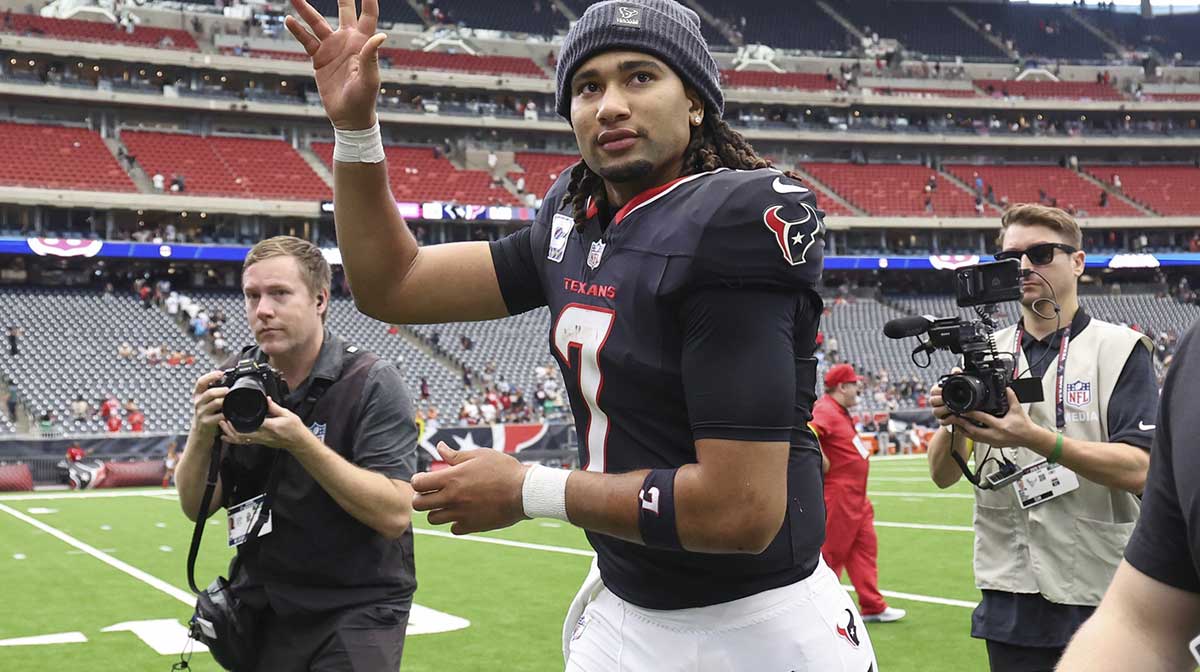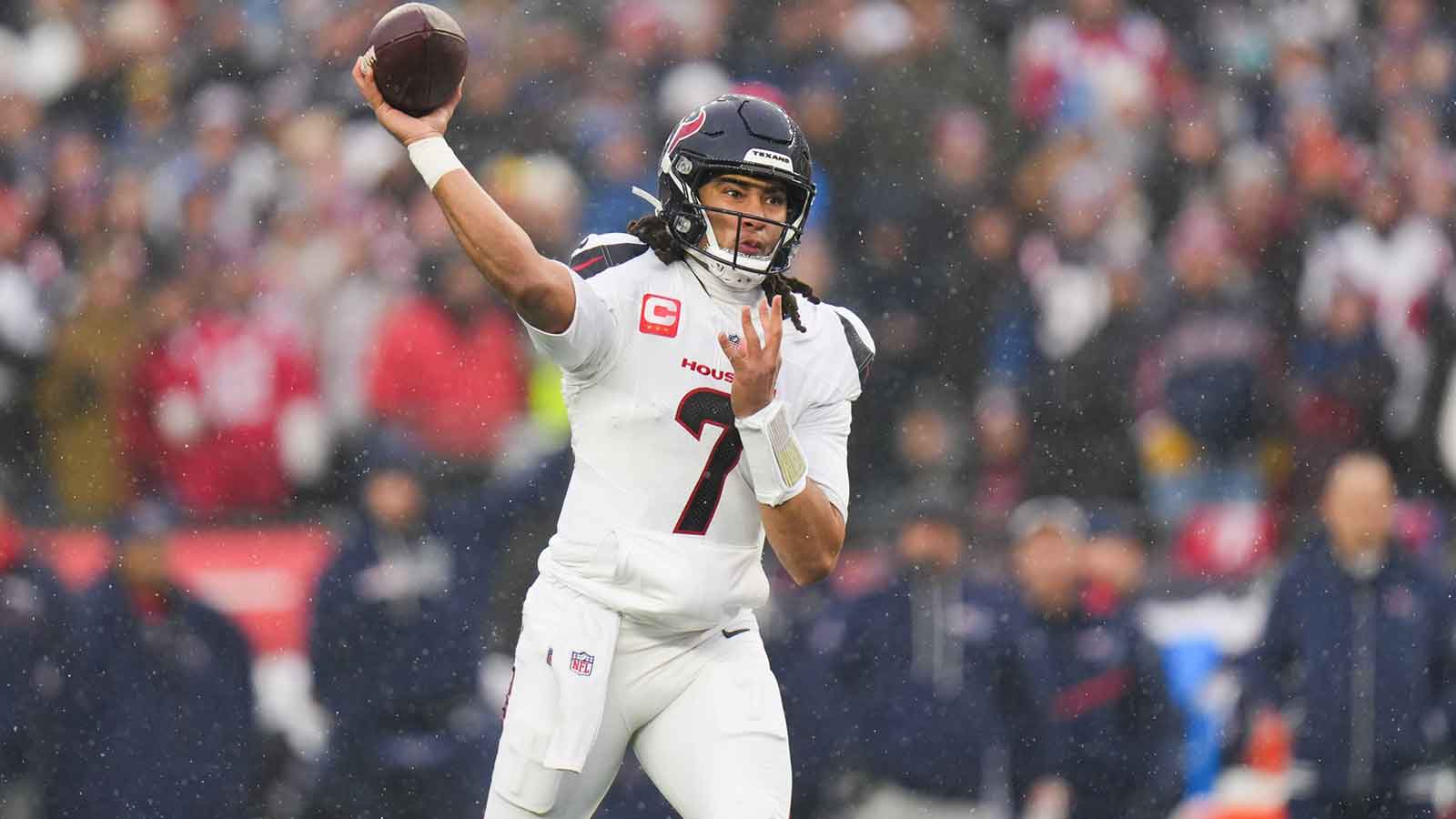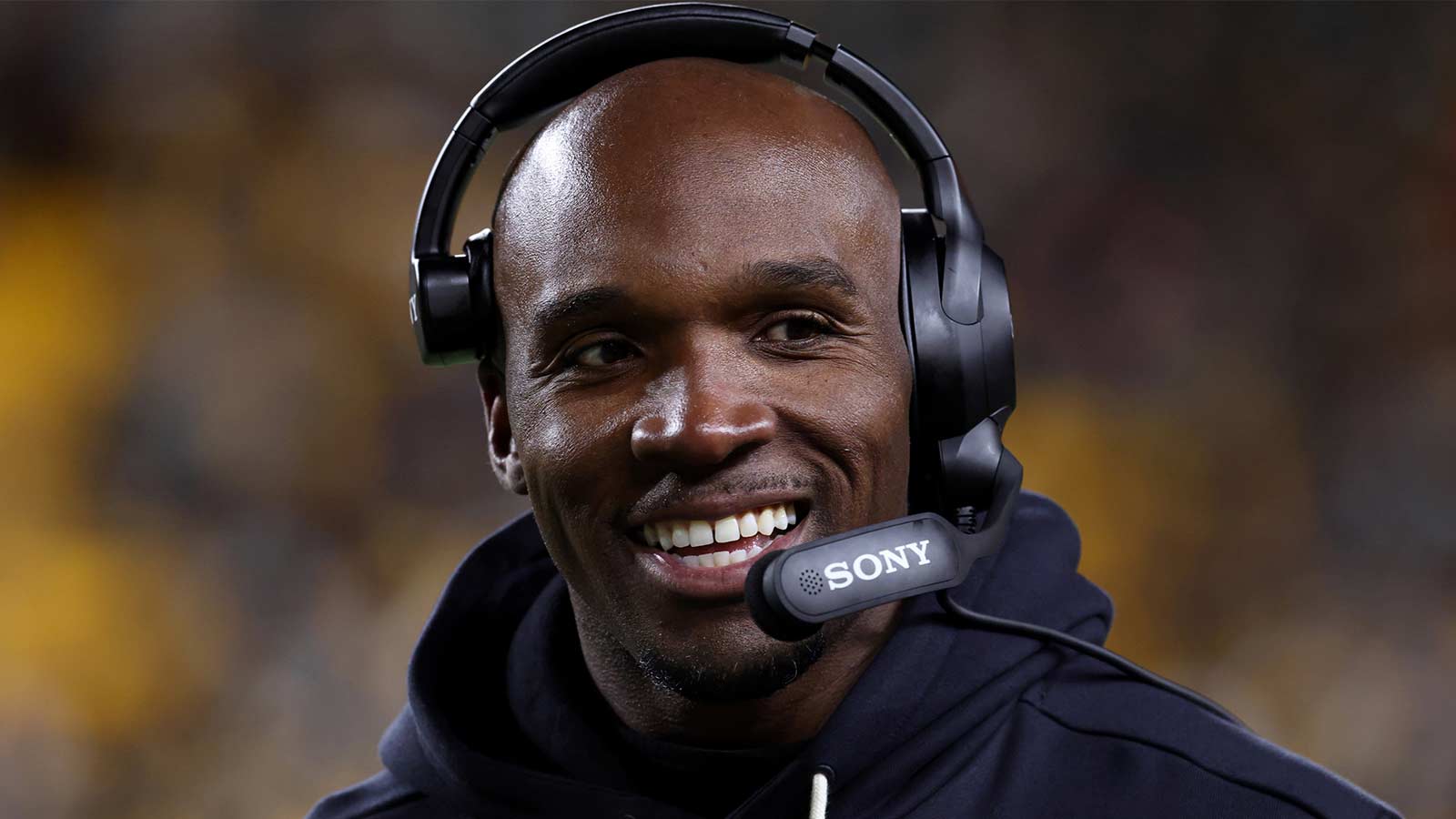The Houston Texans entered SoFi Stadium on Sunday eager to showcase an improved roster and build momentum around CJ Stroud in his second season. Instead, they left with more questions than answers. The Texans fell 14-9 to the Los Angeles Rams in a winnable contest defined by missed opportunities, costly mistakes, and self-inflicted wounds. In a game that came down to execution, Houston did everything possible to beat itself.
Texans stumble despite chances to win
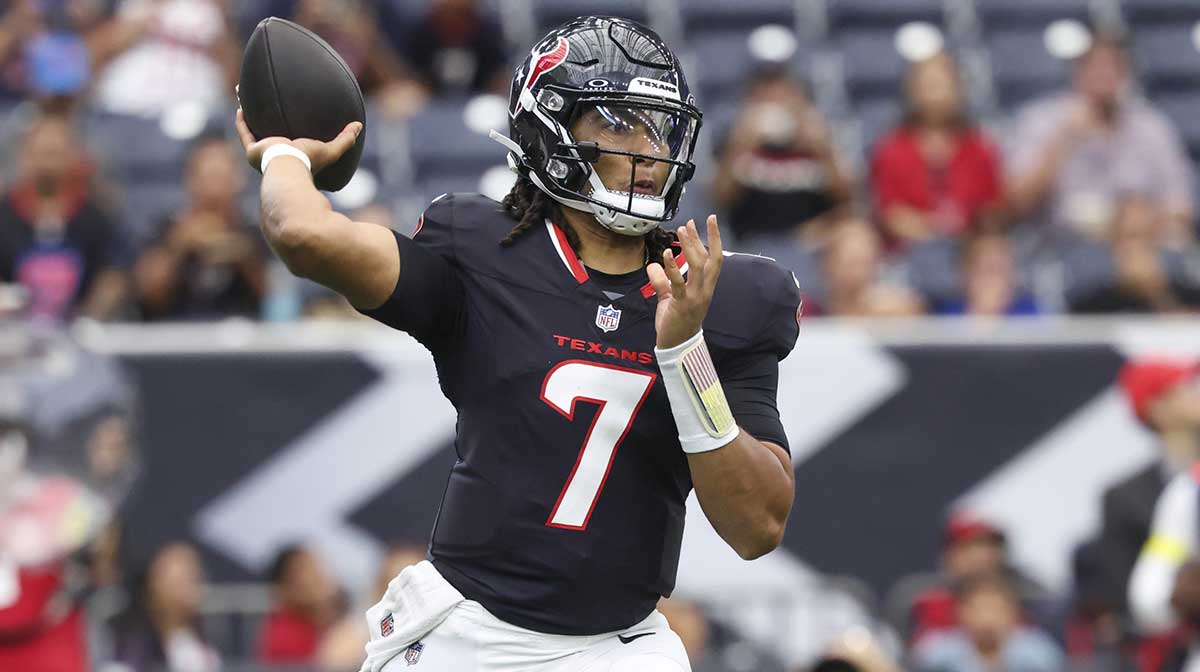
For the Texans, injuries along the offensive line, costly penalties, and the challenge of integrating an almost entirely new supporting cast around quarterback Stroud led to inconsistency from start to finish. Despite hanging close, Houston’s fate was sealed in the final two minutes when Nate Landman forced a decisive fumble. This allowed the Rams to escape with the win despite a sluggish offensive performance.
Rams quarterback Matthew Stafford surpassed the 60,000-yard career passing milestone. Meanwhile, wideout Puka Nacua delivered the game’s standout performance with 10 receptions for 130 yards and a touchdown. By contrast, Texans receiver Nico Collins was held to just 23 yards on three catches. Jayden Higgins and Xavier Hutchinson provided only modest contributions. Nick Chubb paced the ground game with 60 yards on 13 carries, but Houston’s inability to protect its quarterback and avoid penalties ultimately turned a winnable contest into a bitter Week 1 defeat.
Here we'll try to look at and discuss the Houston Texans personnel most to blame for close Week 1 loss to Rams.
Offensive line failures hamper offensive rhythm
The Texans’ offensive line was the most glaring liability on the field. Injuries and inexperience created a lack of cohesion. Stroud faced pressure on over 40 percent of his dropbacks and was sacked three times. That left Houston’s offense sputtering before drives could find rhythm. The inability to consistently establish a clean pocket forced Stroud into rushed throws and long-yardage situations.
Even the run game was limited by poor blocking. Holes closed quickly, leaving Houston with little balance to keep the Rams’ defense honest. Once the Texans fell behind, the line’s struggles forced predictable play-calling and opened the door for Los Angeles to pin its ears back. The offensive line instability just left everything off schedule.
Costly turnovers kill momentum
Turnovers were the difference in a tight, low-scoring contest. Dare Ogunbowale’s fumble in the fourth quarter was especially devastating. That ended Houston’s best chance at a game-winning drive and flipped momentum back to the Rams. His history of ball-security issues only amplifies the frustration. This was not an isolated slip but part of a troubling pattern.
Stroud, meanwhile, couldn’t overcome the constant harassment from the Rams’ front. He threw an interception that stalled another promising drive. Although not entirely his fault, it was emblematic of an offense that could not finish what it started. Instead of capitalizing on a shaky Rams performance, the Texans handed opportunities away.
Receiver struggles and secondary challenges
For all the talk about Houston’s revamped offensive weapons, Week 1 highlighted just how far they still have to go. Collins, who was expected to set the tone, managed only 25 yards on three catches. He failed to stretch the field or draw extra defensive attention. Higgins and Hutchinson showed flashes but couldn’t fill the void. As such, Houston’s offense felt one-dimensional and easier to contain.
Defensively, the Texans’ secondary also faltered. They just had no answers for Nacua, who torched the defense and served as Stafford’s safety valve throughout the afternoon. Even when Stafford was under pressure, Nacua’s reliability bailed out the Rams. This glaring weakness for Houston, and it could only grow against the elite passers of the AFC.
Penalties and discipline issues stall progress

Beyond turnovers and blocking woes, Houston sabotaged itself with penalties. The Texans committed 11 infractions for 80 yards. That's an unacceptable total for a team trying to win on the margins. Many came at the worst possible times, too. They had false starts that wiped away manageable third downs, holding calls that negated gains, and defensive penalties that extended Rams’ drives.
Discipline is often the hidden difference between victory and defeat in close games. The Texans just gifted the Rams extra chances and sabotaging their own progress. Until Houston cleans up its execution, even games they should win will remain out of reach.
Accountability is urgent
The Texans’ Week 1 loss wasn’t about being overmatched. It was about failing to execute in critical areas. The offensive line’s collapses, costly turnovers, lack of receiver production, secondary breakdowns, and penalty problems combined to waste what could have been a statement win to start the year. Instead, Houston now heads into Monday Night Football at 0-1.
Accountability has to come quickly. The AFC South may not be the league’s toughest division, but it will punish inconsistency. Week 1 must serve as a wake-up call for the Texans.

